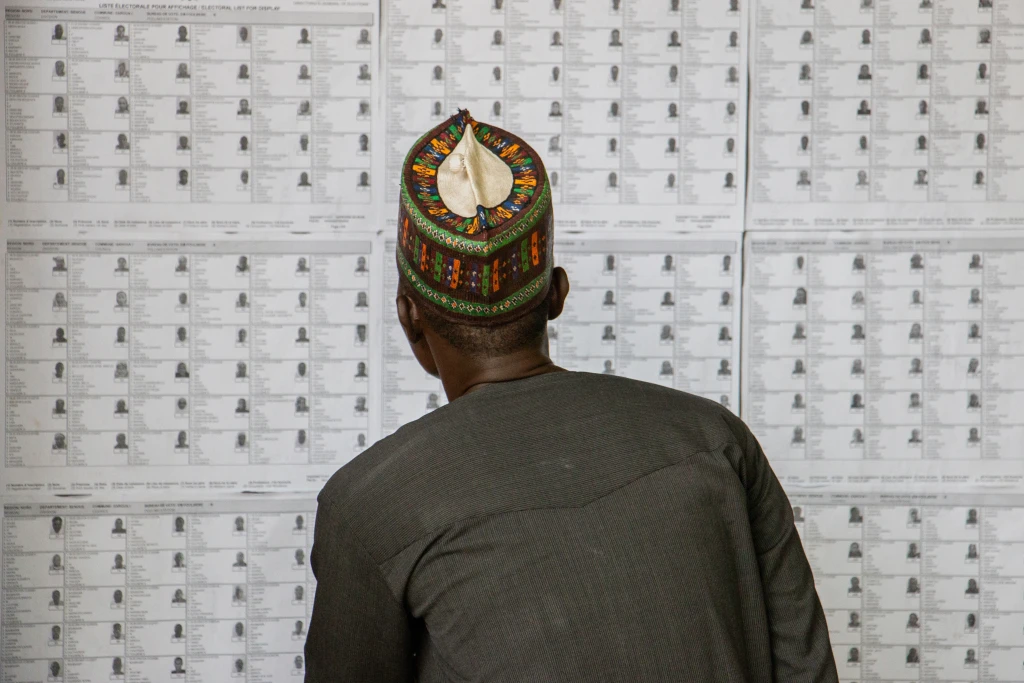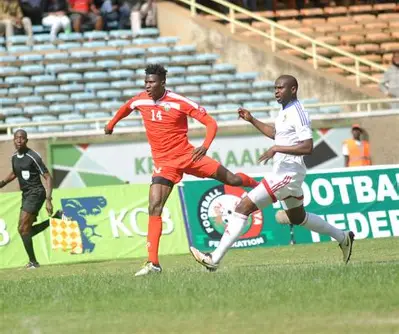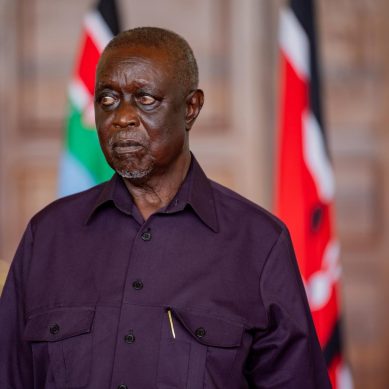
As Africa’s media landscape undergoes rapid transformation, the impact of Artificial Intelligence (AI) has sparked debates among stakeholders in the industry.
Africa Media Festival, in collaboration with Baraza Media Lab, has convened a high-level roundtable debate titled ‘Innovation: AI for Sustainable Media Futures’ to thaw out and brainstorm over the merits and demerits of the concept.
The discussion brought together opinion leaders, journalists, regulators and AI experts to explore how AI could be harnessed responsibly to drive in African media.
Further, the forum provided a platform for stakeholders to share insights, showcase best practices and collaborate on AI-driven solutions.
Discussions centred on AI’s potential to enhance journalism, optimise content creation and streamline media operations while maintaining ethical standards and regulatory compliance.
According to recent studies, over 50 per cent of global media organisations have adopted AI tools for content generation, curation and distribution.
However, in Africa, the uptake has been slower due to limited access to technology, inadequate training, and regulatory concerns. Nevertheless, some media houses have begun integrating AI for newsroom automation, audience analytics and fact-checking.
Consequently, Baraza Media Lab hosted this roundtable to examine the disruptions AI is causing in the media sector. Accordingly, as industry leaders weighed in, AI’s role in journalism was acknowledged as inevitable, but still the participants emphasised the need for caution to safeguard journalistic integrity.
Executive Director Baraza Media Lab Maurice Otieno questioned where to draw the line, seeing how AI is too perfect and that is why he urged African journalists not to remain passive but to actively participate in shaping AI’s role.
“We must protect creative and editorial autonomy while adopting AI responsibly through better regulation and training,” maintained Otieno, citing Reuters research findings that show that 50 per cent of global media organisations use AI tools
Speaking at the event, Head of Partnerships, Africa Digital Media Group Mukui Mbindyo noted that creativity and human intuition remain crucial, even in an AI-driven media world. She disclosed that Africa lags in AI adoption due to limited exposure, making the continent’s population consumers rather than creators.
“Addressing this gap is essential to remain competitive,” stressed Mbindyo.
On the other hand, Karanja Jackson – Regional Coordinator, Media Council of Kenya (MCK) pointed out that AI is not replacing journalists, rather, those who better understand AI are poised to replace those who do not.
Karanja revealed that the Media Council of Kenya is actively training journalists to combat misinformation and at the same time develop ethical AI guidelines. He called for regulatory measures to ensure AI-generated content maintains accuracy and accountability.
In her remarks, Dr Keziah Wangui Githinji – a lecturer of broadcast multimedia journalism at the United States International University (USIU) in Nairobi shared insights from the academic sector, stating that education must adapt to AI’s rise, especially in multimedia journalism.
“It has become easier to detect AI-generated content, but the key question remains: how do we work smartly with AI rather than fear it?” posed Githinji.
Meanwhile, on balancing AI innovation and ethical journalism as AI adoption rises globally, participants agreed that Africa must invest in digital literacy and AI training to ensure media remains innovative and competitive.
The roundtable also set the stage for deeper industry collaboration, policy recommendations, and strategic AI integration in media houses.
It was observed that AI’s success hinges on its ethical application and practical use within journalism and while automation enhances efficiency, participants stressed that AI should complement rather than replace human creativity, fact-checking and editorial oversight.
The roundtable discussion at Baraza Media Lab offices also served as a prelude to the upcoming Africa Media Festival scheduled for February 26-27 at the National Museums of Kenya.
- A Tell / KNA report / By Michael Omondi







